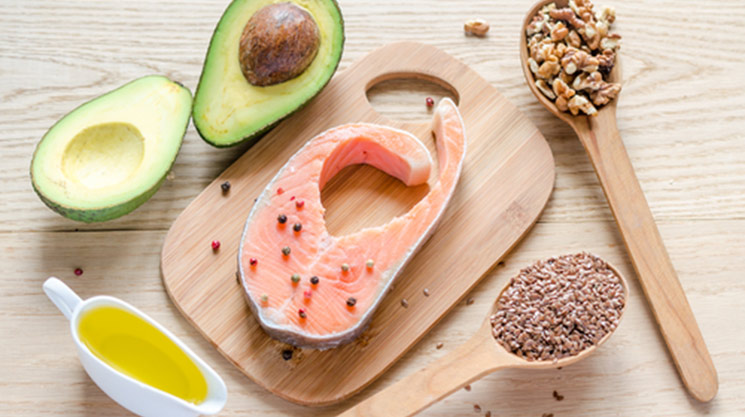The low-fat food trend has been around for the past four decades, leading to an increase in highly processed foods, stripped of fat, but filled with sugar and other unnatural fillers. Despite the reduction in fat consumption, obesity has risen in the western world by 30% in this time. This suggests the low-fat food push seems to have negatively impacted diet-related disease rates and that highly processed low-fat foods may actually be the cause of this epidemic. Governments, educators, some health professionals and food companies have lead the western world to become scared of fat unnecessarily and caused us to lose sight of the fact that fat plays an important role in our body.
Fat is an essential part of our diet. It provides energy, absorbs nutrients, maintains body temperature and is required to function our brains’ neurotransmitters and the molecules of the immune system. The human brain is nearly 60 percent fat and we’ve learned in recent years that fatty acids are among the most crucial molecules that determine your brain’s integrity and ability to perform.
Essential fatty acids (EFAs), like the Omega 3 oil found in Chia Seeds, are required for maintenance of optimal health but they cannot be synthesized by the body and must be obtained from dietary sources. Plant-based foods that are naturally high in EFA’s include avocado, coconuts, nuts and seeds. Wild caught oily fish is also a great source.
As well as the importance of EFA’s for healthy brain function, the Omega 3 ALA found in chia seed is especially important for a healthy heart and research has shown Omega 3 ALA can be beneficial for lowering cholesterol, maintaining artery function and reducing the risk of cardiovascular disease.
The heart foundation recommends an intake of Omega 3 ALA (plant source) daily and an intake of Omega 3 DHA from eating oily fish two to three times per week.


